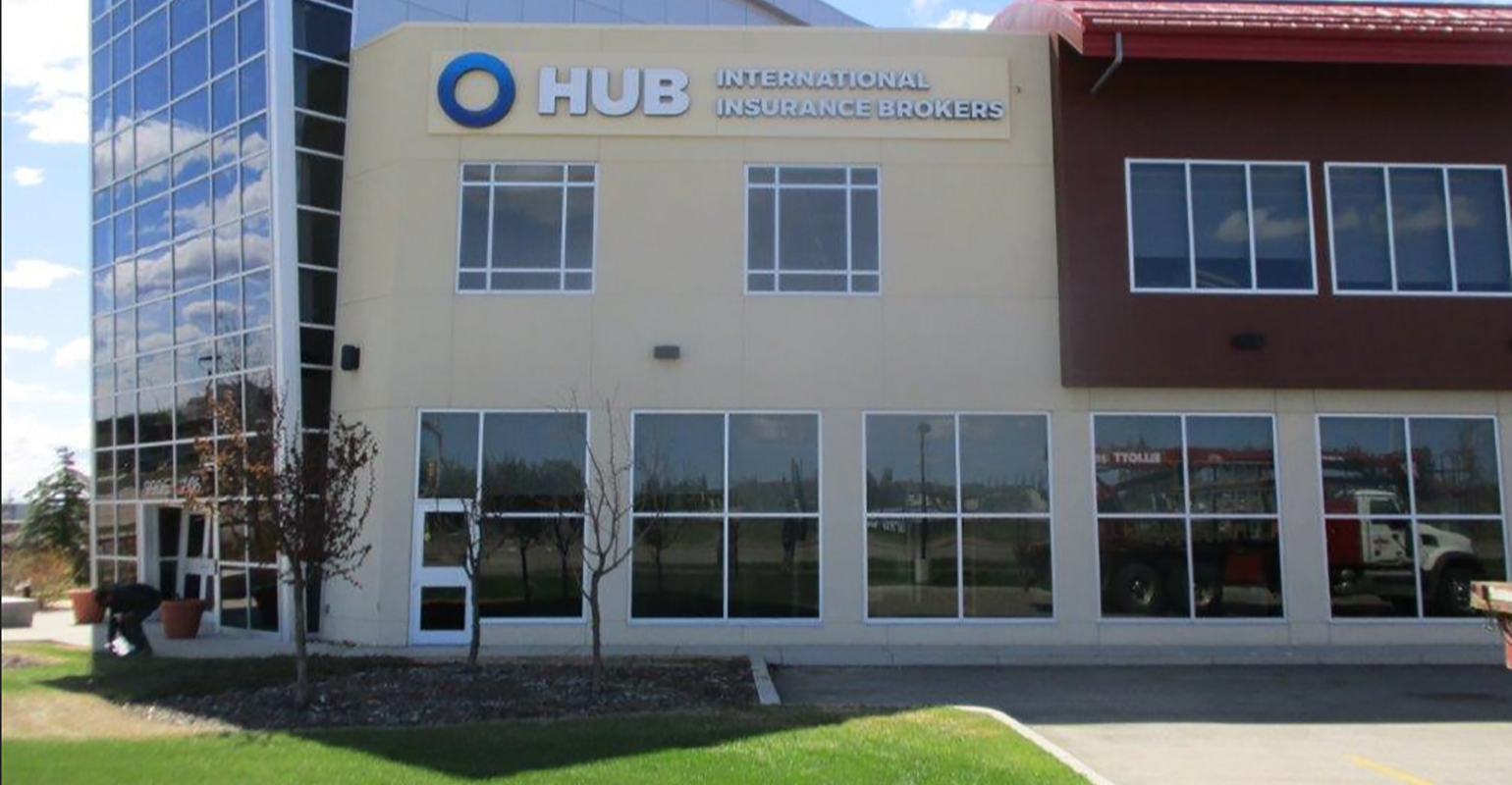[ad_1]
New transgender clients often tell River Nice they didn’t think they could receive services from the wealth management industry, given that so many doors in society remain closed to them.
“It’s not even that they’ve spoken with another advisor or they have not been served well by another advisor,” said Nice, a trans financial planner who uses they/them pronouns. Nice added that this perception had held true regardless of their clients’ wealth levels.

River Nice
“They didn’t even stop to consider that it could be possible for them to work with a financial professional and not be judged or harassed or discriminated against.”
Nice, the founder of RIA Be Intentional Financial in Philadelphia, said they formerly worked at a broker-dealer but left to set up their own business. “I wanted to be able to advertise myself as primarily serving trans and queer and polyamorous folks, and it was hard to get the national broker-dealer on board with how I wanted to market myself,” Nice said.
There are around 1.3 million trans-identifying adults in America, according to a report in June 2022 from the Williams Institute at UCLA School of Law, making up less than 1% of the adult population. Many continue to experience fear of discrimination from professionals and punitive legislation intended to restrict their civic rights, and trans people often suffer a large wage gap as well as family hostility that prevents them from accessing inheritances. Despite these setbacks, in recent years many trans celebrities and professionals have broken barriers in representation and advancement, putting them in a position to build wealth and seek advice.
READ MORE: 5 estate planning tips for LGBTQ+ clients
The growing social awareness around their identities has helped parents and family members become more willing to embrace children who transition or come out as trans. The world’s first and only transgender billionaire, Jennifer Pritzker — whose family founded the Hyatt Hotels chain — has an estimated fortune of around $2 billion, according to the South China Morning Post. Pritzker’s transition, announced in 2013, will likely not be the last among high-profile heirs to the huge generational wealth transfer underway.
Financial Planning spoke with Nice and other financial advisors from the LGBTQ+ community about how financial advisors can successfully engage with and serve trans clients.
Visibility matters
It seems simple, but even just knowing that transgender people are potential clients can be a big learning moment for mainstream financial advisors, Nice said.
“One of the biggest misconceptions is the idea that transgender people don’t have wealth, or don’t have access to much money.”
Statistics show that “trans people face a lot of employment discrimination and a lot of being ostracized from their families of origin and therefore, statistically have less access to wealth,” Nice said. However, trans people come from every socio-economic background and community. “It’s not one group of people that all are biologically related to each other, are legally related to each other.”
Case in point: Last year, a trans client who was a high-income software engineer came to Nice seeking help with creating a financial plan tailored to them. The client was burned out from their job, where they felt overworked. “Probably in addition to their medical transition needs, it was just exhausting to keep up with everything,” Nice said. “What I helped them to do was understand where they were on their timeline to retirement, and what the minimum income and minimum savings they actually needed was, and they realized that they didn’t need that job anymore. And so, they were able to leave the job that was burning them out and take one that was a better pace for their life, and still stay on track with their financial goals.”
READ MORE: LGBTQ employees are heading for a ‘retirement crisis’
For Sloane Ortel, a trans advisor who is the founder of Invest Vegan, an RIA based in Provo, Utah, often large firms appear to disregard the need to cater to or understand a trans client, but that thinking can be short-sighted. “Until they have a trans person that’s working for them or the child of their largest client comes out as trans or something like that, it’s not business relevant for them,” she said.

Invest Vegan
A simple step to be more open as a firm is to rethink how services are broadcast, Ortel added. “In the imagery, in the marketing materials … do an audit. I mean, are you showing like a bunch of white seniors on yachts and stuff in your marketing materials? You probably are as a firm. Who are you showing enjoying retirement? Those are the people that are going to feel comfortable talking to you.”
Nice added that an important baseline thing to do is also not assume the gender pronouns of the client or assume they have undergone certain experiences because of their being trans. “Treat each person as an individual person and get to know them and what their needs actually are,” they said.
Build a book to attract trans clients
In many cases, trans individuals prefer to work with someone who is from the queer or trans community, the experts interviewed for this piece said. That means firms wanting to attract or retain trans clients can benefit from doing the same with diverse talent that identifies as LGBTQ+.
READ MORE: These 10 innovative planners are FP’s Rising Stars for 2023
“As a queer financial advisor, I think it is natural for folks to reach out to an advisor who is a member of their same community,” said Leighann Miko, a certified financial planner who is the founder and financial advisor at Equalis Financial, an RIA headquartered in Los Angeles.
Miko said that because she became known for serving LGBTQ+ clients, including trans individuals, “more and more folks have reached out over the years,” finding in her practice a safe space. “Unfortunately, unless a professional outright states that they work with the LGBTQ community specifically, they run the risk that they will have to out themselves to someone who does not accept them.”
It was a similar experience for Ortel and Nice. Nice recalled starting their business simply through word of mouth, and eventually providing workshops for small local community groups serving LGBTQ+ people, such as the William Way LGBT Community Center in Philadelphia, as well as speaking at conferences. They also began posting on social media.
“I do get hate comments. And that is not a fun experience, but … getting my Instagram reels and my TikTok videos in front of the audience who’s actually interested and receptive to it, has been so helpful. I’ve gotten a ton of my leads this year from TikTok,” Nice said. They also frequently get referrals, “because if we as a community are generally scared of whether a professional will be safe for us, and then somebody finds a safe professional, they’re much more likely to tell everyone they know. Like, ‘Oh, hey, I found one!'”
Be aware of clients’ challenges
Trans clients often face many challenges that cisgender and even other queer clients may not experience, often related to the lack of visibility and awareness about them from the professional services world.
The best thing an advisor can do is educate themselves on common misconceptions, Miko said. “One is that all transgender folks will medically transition and incur substantial medical expenses. Though many do, some choose not to.”
Ortel agreed. “It’s extremely offensive to assume that the client wants those surgeries unless they tell you,” Ortel said. “Some trans people never get surgery and are fine with that. Some never take hormones. Some never update their presentation. … You don’t want to be in a place where you’re pushing for someone to conform to your version of transness.”

Hollin Brodeur
Another misconception is that marriage is accessible to or desired by all queer individuals in general, Miko said. “A lot of queer folks, especially the older generations, choose not to marry for a variety of reasons.”
Advisors also should prepare for obstacles that come up in planning for trans clients. For example, clients may be living in a state that has anti-LGBTQ+ laws in place, specifically those that ban gender-affirming care, Miko said. “Planning becomes a challenge because clients may need to relocate or find expensive care outside of their state.”
READ MORE: Are Christian donor advised-funds pushing anti-LGBTQ politics?
In general, health care planning can be very complex for transgender people, Nice said. “We might need to pay for medical needs that cisgender people do not need to pay for. Starting a family can look different for us and be more expensive.”
Even applying for life insurance or disability insurance can be hard. “That’s a binary, gendered application process, and each insurance company has their own policy for how to determine what our gender is. And what your gender is has a big effect on how much your premiums cost,” Nice said.
In some cases, life insurance providers may still “require clients to apply for coverage using their sex assigned at birth,” Miko said. “This can be a very traumatic and triggering experience for transgender clients, as well as having financial repercussions to their premiums.”
Nice said the most important thing for advisors who want to engage the trans community is speaking out publicly on their behalf. “Helping make the world a little safer for us, that does a huge service to the community and our ability to financially thrive.”
[ad_2]
Source link




